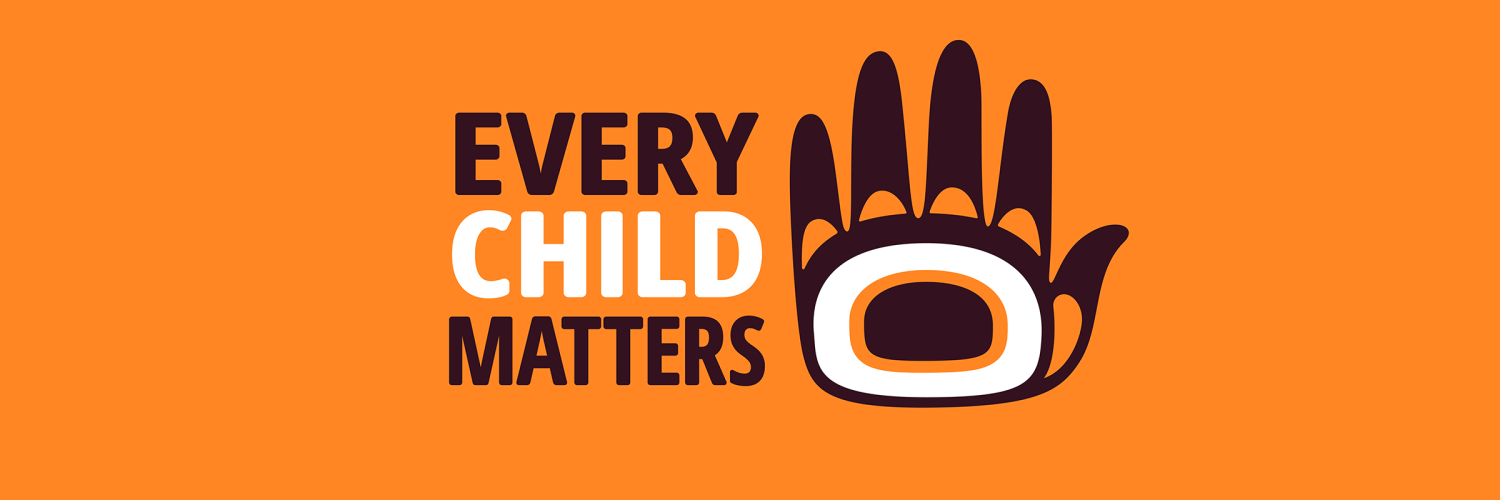For Native Americans, historical trauma includes the emotional and psychological wounds inflicted over generations.
The legacy of historical trauma
Through events such as forced relocations, massacres, and the assimilation policies of the boarding school era, these experiences have led to intergenerational cycles of grief, distrust, and disempowerment.
The American Psychiatric Association notes that the dark legacy of Indian boarding schools manifests in Indigenous communities through intergenerational trauma, cycles of violence and abuse, and other mental health impacts.
Current challenges
In Washington state, Native American communities face significant disparities in health and well-being. Substance use disorders are prevalent, with Native Americans reporting higher rates of substance use compared to other ethnic groups. Approximately 17.4% report substance use in the past month, and nearly 25% engage in binge drinking. Additionally, Native Americans experience the second-highest rate of homelessness in the U.S., with 10% affected.
Tribal initiatives for healing
Despite these challenges, Tribes are leading efforts to support healing and resilience. Programs like the Domestic Violence Housing First initiative help people secure housing and maintain stability. Culturally grounded treatment programs like Royal Life Centers integrate traditional healing practices. The American Indian Health Commission (AIHC) partners with Tribes, the Health Care Authority’s (HCA’s) Office of Tribal Affairs (OTA) and other state agencies to combat the opioid crisis—ensuring Tribal voices guide strategies in addressing opioid-related challenges.
Phyllis Webstad (Northern Secwépemc from the Stswecem’c Xgat’tem First Nation) is the survivor whose experience inspired the Orange Shirt movement and the message “Every Child Matters.” At six years old, her brand-new orange shirt was taken from her on her first day at a residential school — symbolizing the stripping away of culture, identity, and dignity from Native children.
Understanding historical trauma is not just about acknowledging the past — it is about recognizing how those wounds still shape the realities of Native communities today. While the challenges are profound, so is the strength and leadership of Tribes. Tribal communities are actively reclaiming healing through culturally rooted programs, policy partnerships, and community-led solutions.
As a state agency and ally, HCA’s role is to support — not direct — this work by honoring sovereignty, building trust, and ensuring Native people lead efforts that impact their own wellness. Healing historical trauma requires more than services. It requires sustained collaboration, respect, and the unwavering belief that Indigenous resilience will guide the path forward.
